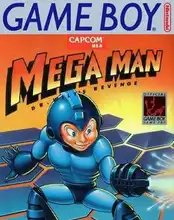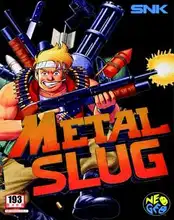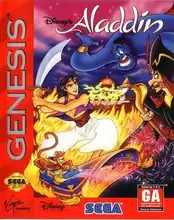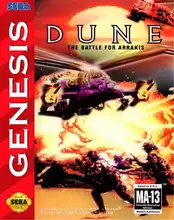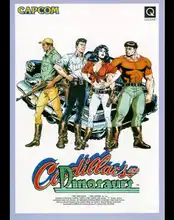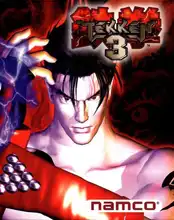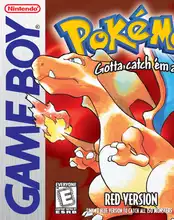Remember the thrill of blowing into a cartridge, the satisfying click of a floppy drive, or the distinct hum of an old CRT monitor firing up? That potent mix of nostalgia is what keeps the flame of retro gaming burning bright. But when we talk about the latest retro games, what exactly do we mean in 2024 and beyond?
It's not about brand-new games that look old (though those are great too!). It's about the freshest ways to experience the classics we grew up with, the recent advancements that make playing games from the 80s, 90s, and early 2000s easier and more enjoyable than ever before.
What "Latest Retro Games" Actually Means Today
The term "latest" in the context of retro gaming usually refers to:
- Modern Hardware: New handhelds, consoles, or PC setups designed specifically for playing old games.
- Software Advancements: Updated emulators, frontends, and compatibility layers that improve performance and features.
- Official Releases: Recent ports, remasters, or collections of classic titles on modern platforms.
- Community Efforts: Fan patches, translations, and digital preservation projects making games accessible.
So, while the games themselves might be decades old, the methods and platforms for playing them are constantly evolving.
Modern Hardware for Classic Feels
One of the biggest trends right now is the explosion of dedicated retro handhelds. Devices from companies like Retroid, Anbernic, and Miyoo offer portable access to vast libraries of games from the NES, SNES, Genesis, PlayStation, N64, and beyond. They combine nostalgic designs with modern screens and powerful-enough chips to run demanding emulation.
But it's not just handhelds. Your existing PC, laptop, or even a single-board computer like a Raspberry Pi can be transformed into a retro gaming powerhouse. Modern consoles also increasingly feature backward compatibility or offer digital storefronts packed with classics.
Emulation: Bringing the Past to the Present
Emulation software is the backbone of playing many latest retro games. Programs like RetroArch, DOSBox, and Dolphin allow modern machines to mimic the hardware of old consoles and computers.
The "latest" in emulation means:
- Improved Accuracy: More faithfully recreating the original experience, even quirky hardware behaviors.
- New Features: Save states, rewind functions, shaders for CRT effects, online multiplayer for games that never had it.
- Easier Setups: Frontends and guides (like those for Steam Deck's EmuDeck or Windows setups) simplifying the process.
Finding legal ways to get game ROMs is crucial. Platforms like Archive.org host thousands of abandonware PC titles legally, and services like GOG often bundle classic installers with DOSBox pre-configured.
Recent Ports, Remasters, and Collections
Major publishers and smaller studios are consistently releasing updated versions or direct ports of beloved retro titles onto modern platforms like Steam, GOG, Switch, PlayStation, and Xbox.
Examples include:
- Mega Man collections
- Classic Final Fantasy ports
- Quake and Doom remasters
- LucasArts adventure game re-releases
These offer convenient, often enhanced ways to play, sometimes adding quality-of-life improvements or updated graphics while retaining the core gameplay that made them legendary.
Where to Discover and Play
Finding these latest retro games experiences is easier than ever:
- Digital Storefronts: GOG.com specializes in classic PC games, while Steam and console stores have large retro sections.
- Emulation Communities: Websites and forums dedicated to specific emulators or systems provide guides and news.
- Hardware Reviewers: Content creators focusing on retro handhelds and emulation setups highlight the newest devices and software.
- Archive.org: A treasure trove for legally downloadable classic PC titles.
Whether you're revisiting a childhood favorite or discovering a gem for the first time, the world of retro gaming is more accessible and vibrant than ever. The "latest" innovations ensure that the golden age of gaming is always just a few clicks or button presses away.
FAQ
Q: Is emulation legal? A: Emulation itself is generally legal. The legal gray area involves obtaining ROMs (the game files). Downloading ROMs for games you don't own is typically considered piracy. Owning the original game cartridge/disc and creating your own backup ROM may be legal depending on your local laws, but distribution is not. Stick to legal sources like GOG or Archive.org for abandonware.
Q: Where can I legally get classic PC games? A: GOG.com is fantastic for classic PC titles, often updated to run on modern systems. Archive.org has a large collection of legally downloadable abandonware.
Q: What's the easiest way to start playing retro games on PC? A: For PC games, start with GOG. For console games, using an emulator like RetroArch with a user-friendly frontend can be straightforward, but requires sourcing game files legally.
Q: Are retro handhelds worth it? A: If you value portability and a dedicated device for playing classic games without setting up software on a PC or phone, absolutely. They offer a focused, nostalgic experience.

